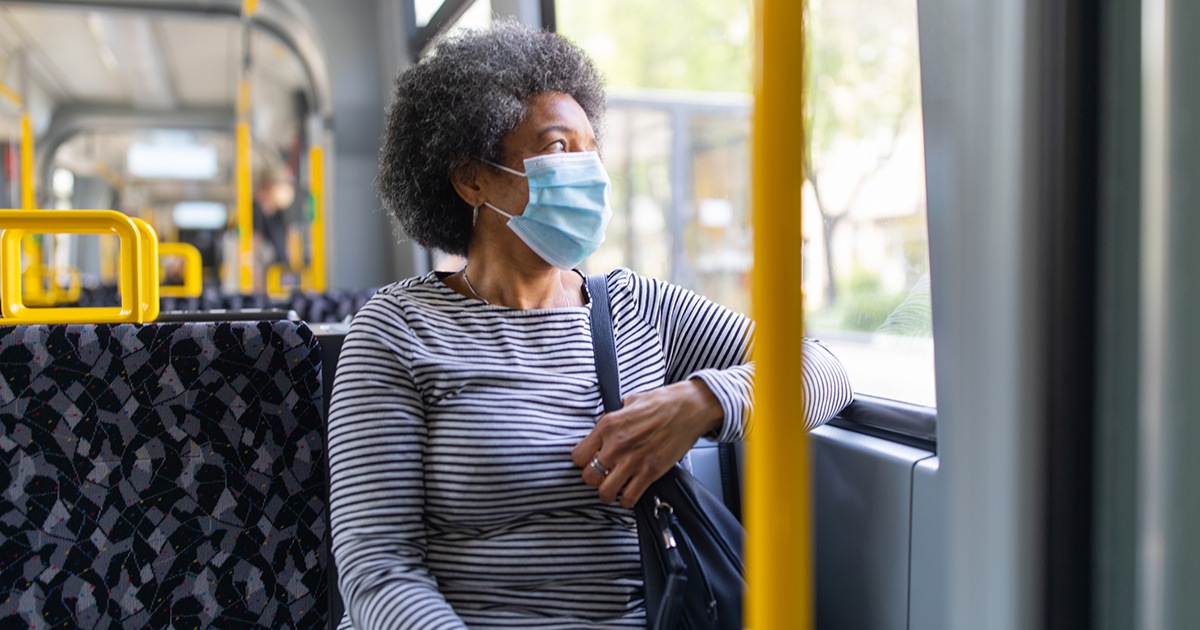
@ShahidNShah


While much of the residual implications of the COVID-19 pandemic remains unknown, incalculable, and therefore difficult to manage, one thing has come clearly into focus: health inequity. Reports have shown that populations or individuals who were considered vulnerable or part of a marginalized group have experienced disproportionately higher infection rates of COVID-19 and worse health outcomes.
In addition to higher overall infection rates, there is a current imbalance in the distribution of and access to resources in response to the pandemic, causing the already frayed threads of the precarious safety net to break.
The current public health crisis has exacerbated and amplified health inequity, or the systematic differences, regarding the access individuals, have to achieve optimal health, leading to unfair and avoidable differences in health outcomes.
Continue reading at himss.org
With the rise of healthcare consumerism, people are looking to hospitals, health systems, and physician practices to deliver the same user-friendly, digital experiences they receive from other …
Connecting innovation decision makers to authoritative information, institutions, people and insights.
Medigy accurately delivers healthcare and technology information, news and insight from around the world.
Medigy surfaces the world's best crowdsourced health tech offerings with social interactions and peer reviews.
© 2025 Netspective Foundation, Inc. All Rights Reserved.
Built on Apr 28, 2025 at 12:52pm